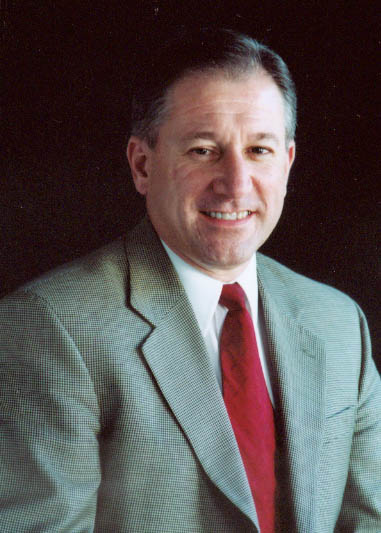
ALEXANDRIA, La. (BP)–“Spin” is the term that has been given to the art of putting the best public relations face possible on any circumstance or situation.
When news or attention is of a positive nature, spin is used to explain why someone in the public eye deserves accolades. However, when the news is less than favorable, spin takes on another role.
When something negative poses a threat to their public persona, politicians, celebrities and businesses employ spin as a form of damage control. Spin used to contain negative fallout is nothing short of pure propaganda.
Propaganda, according to the Concise Oxford English Dictionary, is “information, especially of a biased or misleading nature, used to promote a political cause or point of view.” American educator Mason Cooley once observed, “The best propaganda omits rather than invents.”
But no matter how skilled in spin a partisan or public relations specialist might be, there are some things that are just too big to spin. After all, there is only so much you can omit. When all a publicist can say about a client is, “He has a great smile,” spin is useless.
The recent defeat of Democrat Martha Coakley by Republican Scott Brown in the Massachusetts special election to fill the senate seat of the late Ted Kennedy is too big for anyone to spin. There is no way for Democrats, or their apologists in the media, to put a positive twist on Coakley’s defeat.
Even before all the votes were tallied on the eve of Brown’s historic victory — Massachusetts had not elected a Republican senator since 1972 and the vacant seat had been held by a Democrat since 1953 — partisan pundits and left-leaning media were in damage control mode.
Many said the loss was due to the fact that Coakley did not run a very good campaign. That charge might be valid, but in a state where Democrat registered voters outnumber Republicans 3 to 1, even a Democrat running a poor campaign should still win.
I have known many yellow-dog Democrats through the years. These voters get their nickname from the fact that if a Republican was running against a yellow dog, and the canine was registered as a Democrat, they would vote for the dog. It would take more than a poor campaign by a Democratic candidate to get a yellow dog to change his or her vote.
Had the race for the senate seat in Massachusetts occurred a year ago, Coakley could have run the same campaign and won. Yet things have changed and voters — even Democratic voters — are upset with the current state of affairs in Washington.
Some Democratic observers suggested that Coakley was a weak candidate. No one acquainted with Massachusetts politics accepts this charge as credible. After all, Coakley is the state’s attorney general. She trounced three opponents in the primary to become the Democrat candidate in the special election. Coakley is a known commodity by Democrats in the Bay State. And she enjoyed a substantial lead in the polls just weeks before the election.
President Obama had an interesting spin on Brown’s victory. He said that the anger that elected Brown is the same anger that elected him. In other words, Massachusetts elected Brown because they are still mad at President Bush.
All the spin in the world will not change why Scott Brown surged in the polls the final weeks prior to the election. All the propaganda will not change the reason he won a decisive victory (52-47 percent) in a Democratic stronghold. What catapulted Brown to victory was his message.
Brown did not vacillate toward the middle in presenting his message. He did not compromise his fiscal conservative beliefs in order to appeal to Massachusetts voters.
Brown’s message advocated across-the-board tax cuts, an end to government big spending and a strong military. He was against any constitutional protections for enemy combatants — he even indicated that he did not consider water-boarding to be torture –- he opposed cap-and-trade legislation and stated he is a skeptic when it comes to man-made global warming.
However, Brown’s most resounding message concerned health care legislation. He stated clearly that he would vote against the health care reform currently being pushed by Democrats in Washington. In short, Brown indicated that his election would make it possible for Republicans to filibuster proposed health care legislation in the Senate.
When voters in Massachusetts elected Scott Brown they were selecting a man who represents the antithesis of all that is currently transpiring in Washington.
The Democrats and their apologists can spin all they want, but Brown’s election indicates that Massachusetts voters do not like the current state of affairs in the nation’s capitol.
Spin has become a reality for those in the public spotlight. However, once a politician, celebrity or business begins to believe their own propaganda, they lose touch with reality. When they refuse to accept that some things are just too big to spin, then they are in real trouble.
–30–
Kelly Boggs is a weekly columnist for Baptist Press and editor of the Baptist Message (www.baptistmessage.com), newsjournal of the Louisiana Baptist Convention.
















